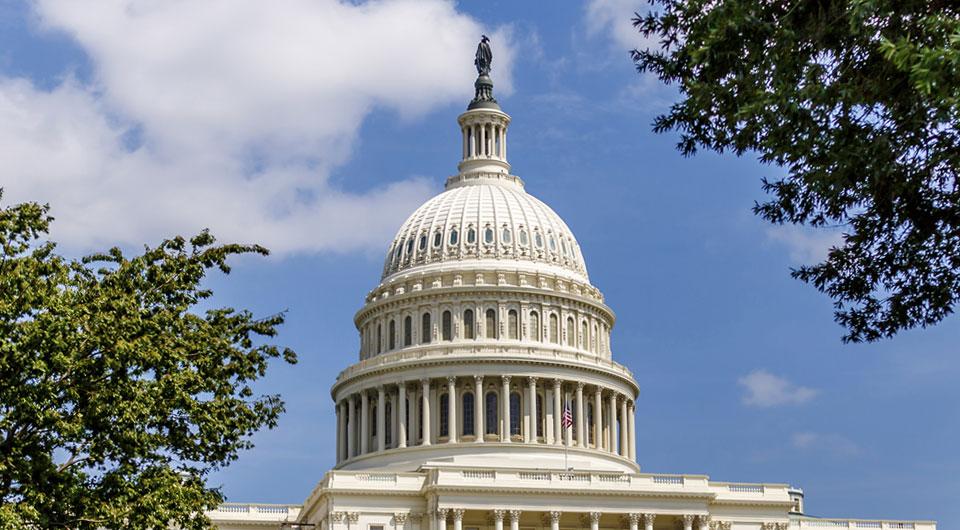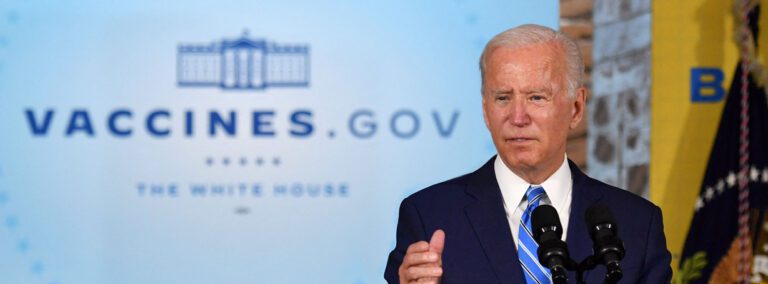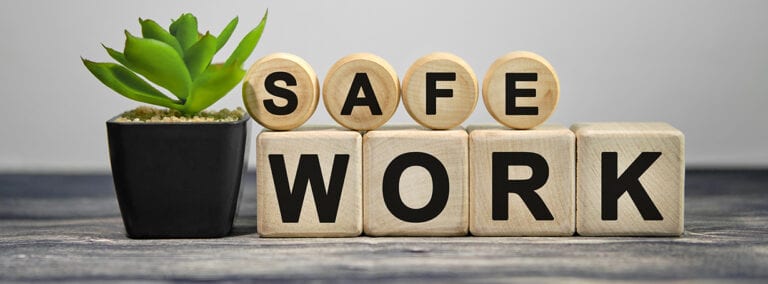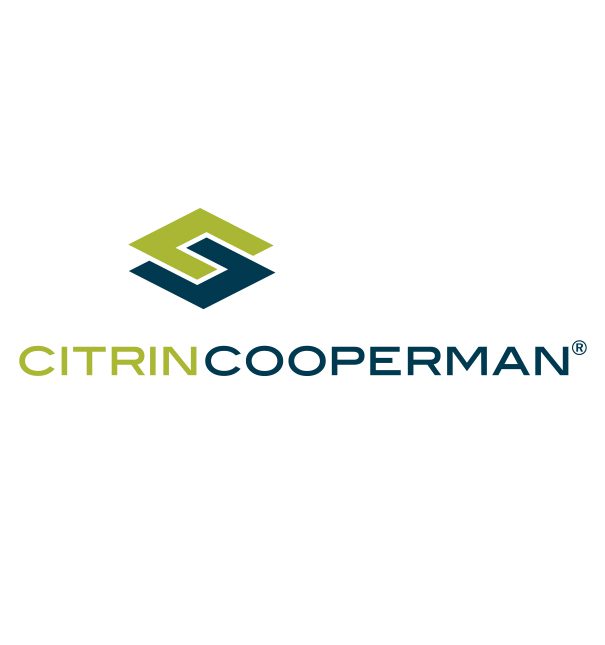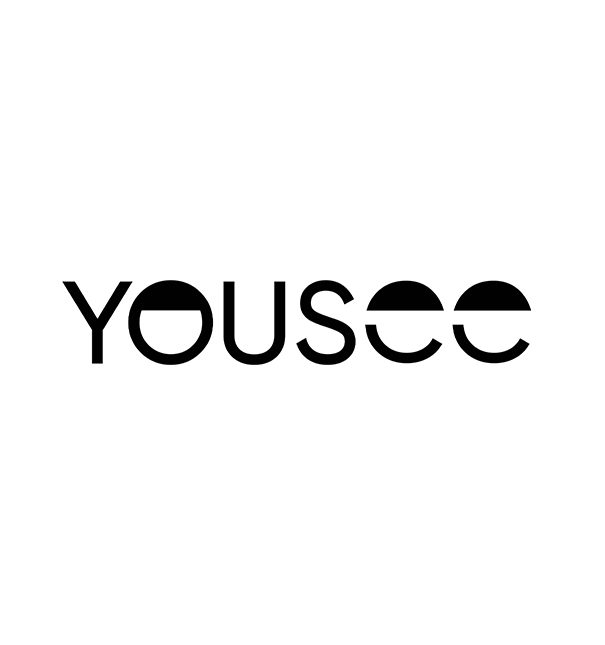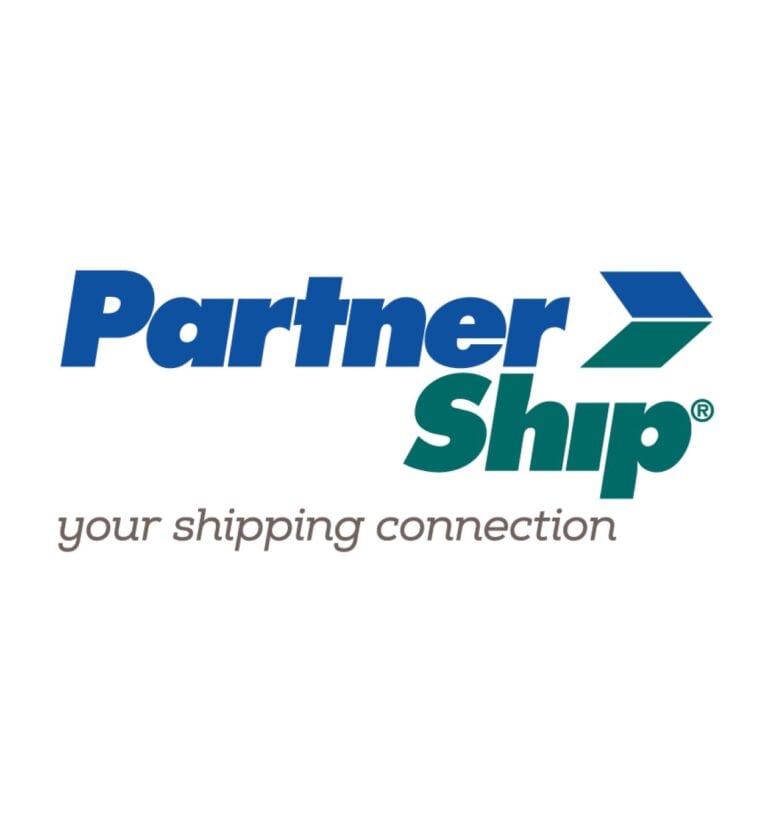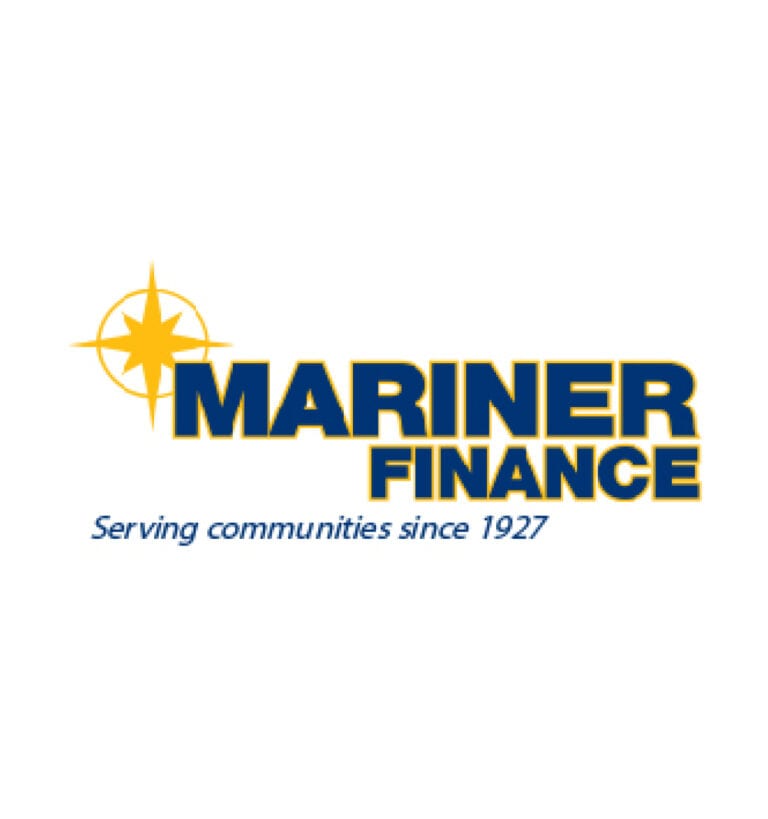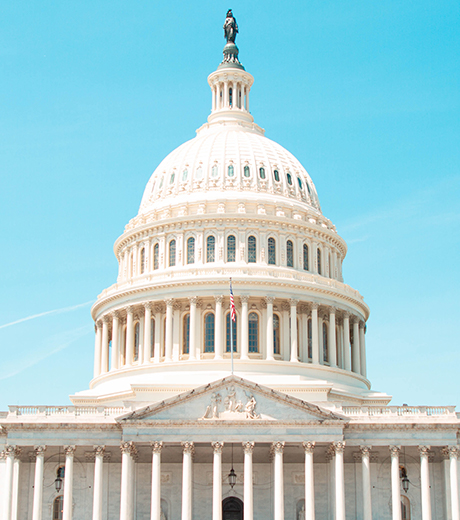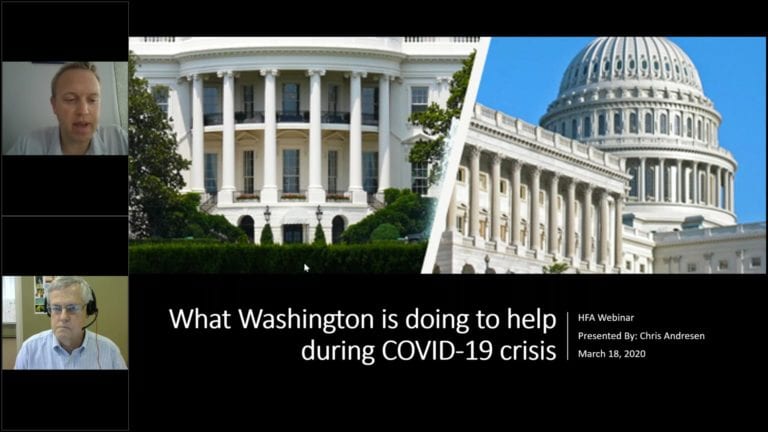“The Home Furnishings Association and its 1,400 retail members across the country welcome the $2 trillion relief package from Washington,” President Jesús Capó and CEO Sharron Bradley said in a statement. “The small and larger businesses in our association want to protect their employees, serve their customers and support their communities. They applaud the financial help aimed at strengthening their hospitals, public health departments and local governments. Keeping our heroic medical workers and communities safe should be the first and greatest priority.
“Our members are glad for immediate help in paying for employees’ medical and family leave. They are happy their employees can receive expanded unemployment benefits if it’s necessary to put them on furlough. The direct payments to most Americans will also help our employees and our customers meet their basic needs.
“Many of our members will rely on the small business lending program, which they hope can be administered rapidly. It is essential to replace lost revenue as quickly as possible. It is also imperative that loan funds used for payroll, mortgage payments or rent, and utilities will be forgiven. This crisis should not leave businesses with a burden of debt once they’re able to reopen.
“We are pleased that the bill includes the Qualified Improvement Property technical fix, which for more than a year we have been asking Congress to address. This will allow full expensing of improvements that many of our members have made to their showrooms and other facilities, retroactive to 2018. This will represent a refund of taxes they have overpaid for the past two years.
“Delay of the payroll tax is another important feature that will help our members. And the employee retention tax credit may benefit some.
“Many of our members are also happy to be able to continue supplying essential products to customers, including refrigerators, freezers and other appliances, home office furnishings, lift chairs and adjustable beds.”
The following are important provisions in the bill (Many dollar figures are approximations):
Small business assistance
Provides $350 billion to support loans through a new Paycheck Protection Program for:
- Small employers with 500 employees or fewer, as well as those that meet the current Small Business Administration size standards;
- Restaurant and hospitality businesses with fewer than 500 employees per location;
- Self-employed individuals and “gig economy” individuals; and
- Certain nonprofits, including 501(c)(3) organizations and 501(c)(19) veteran organizations, and tribal business concerns with under 500.
The size of the loans would equal 250 percent of an employer’s average monthly payroll. The maximum loan amount would be $10 million.
Covered payroll costs include salary, wages and payment of cash tips (up to an annual rate of pay of $100,000); employee group health care benefits, including insurance premiums; retirement contributions; and covered leave.
Cost of participation in the program would be reduced for both borrowers and lenders by providing fee waivers, an automatic deferment of payments for one year, and no prepayment penalties.
Loans would be available immediately through more than 800 existing SBA-certified lenders, including banks, credit unions and other financial institutions, and SBA would be required to streamline the process to bring additional lenders into the program.
The Treasury secretary would be authorized to expedite the addition of new lenders and make further enhancements to quickly expedite delivery of capital to small employers.
Increases the maximum loan amount for SBA Express loans from $350,000 to $1 million. Express loans provide borrowers with revolving lines of credit for working capital purposes.
These loans can be used to pay for utilities, rent, mortgage and payroll. Borrowers are eligible for loan forgiveness for the first eight weeks of the loan. The Small Business Administration has no more than 15 days after the date of enactment to issue regulations.
Loan facility for small and mid-sized businesses
The Treasury secretary will implement a program or facility that provides financing to banks and other lenders to make loans to eligible businesses, including nonprofit organizations, with between 500 and 10,000 employees
Annualized interest will not exceed 2 percent, and no payments on principal nor interest will be due in first six months.
Funds must be used to retain 90 percent of a business’ workforce through Sept. 30, including benefits.
Loan recipient must intend to restore not less than 90 percent of its workforce that existed on Feb. 1 by no later than four months after the public health emergency ends.
The recipient must be a U.S. company. It can’t be in bankruptcy or pay divided or repurchases shares with the funds. It can’t outsource or offshore jobs during and two years past the loan period. It can’t abrogate and existing collective bargaining agreement and must remain neutral in any union drive during the term of the loan.
The establishment of this facility does not limit the establishment of a Main Street Lending Program or any other lending program for small and midsize businesses.
Business tax provisions
The bill includes several tax provisions to provide retailers with additional liquidity and help offset the cost of retaining employees during this period of economic decline.
- It corrects an error in the 2017 Tax Cuts and Jobs Act on improvements made to stores and restaurants, allowing retailers to amend returns and get refunds for taxes overpaid in 2018 and 2019.
- It allow businesses to carry back losses from 2018, 2019 and 2020 to the previous five years and get refunds against taxes paid in profitable years.
- It delay payroll taxes due for 2020. They can pay 50 percent in 2021 and 50 percent in 2022.
- It provides a 50 percent refundable payroll tax credit for employers whose businesses have been fully or partially suspended due to government limitation on commerce or whose businesses have experienced a 50 percent decline in gross receipts.
- It allow greater deductibility of interest expenses incurred.
Income for American families
The legislation provides a one-time tax-rebate check of $1,200 per eligible individual, $2,400 per eligible couple and $500 per eligible child. The amount is reduced for higher-income earners, starting at $75,000 for individuals, $112,500 for head of household and $150,000 for married couples. It phases out at $99,000 for individuals and $198,000 for married couples.
It also provides greatly expanded unemployment benefits, including benefits for gig economy workers, self-employed persons and employees of and nonprofits.
The HFA believes that putting greater resources into the battle against COVID-19, protecting Americans’ health and income and bolstering small businesses will make sure that our country and economy rebound from this crisis as quickly as possible.
[Webinar: Chris Andresen explains the bill, answers questions]
